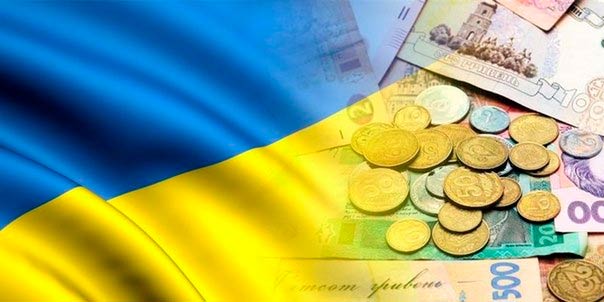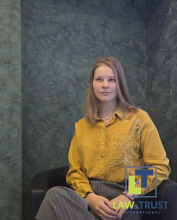Ukraine Adopted the Law “On the Rules for Controlled Foreign Companies”

Ukraine has taken an important step towards deoffshorization and the development of transparent taxation rules for business. Bill No. 1210, which regulates the rules of activity for controlled foreign companies (CFCs), was adopted by the Verkhovna Rada of Ukraine and signed by President Vladimir Zelensky. This law can seriously change the rules of activity for Ukrainian and foreign organizations. Its adoption is expected to make the fight against tax evasion, money laundering and the withdrawal of capital from the country more efficient.
What are the rules for controlled foreign companies?
The practice of implementing CFC rules has long been around the world. This mechanism was first used in the second half of the 20th century in the United States. The CFC rules are a set of legislative provisions that allow the state to organize taxation of foreign organizations. In this case, taxes are required to be paid not only by non-resident companies but also by trusts, as well as partnerships. CFC rules may apply to an organization if its beneficiary is the tax resident of the country that established these provisions.
Why are CFC rules relevant to Ukraine?
Ukraine’s economy is seriously suffering from capital flight to foreign jurisdictions. Assets of wealthy people are transferred to companies operating in offshore zones in which taxation conditions are milder, for example, the British Virgin Islands. After the transfer of assets, they are owned by the organization obliged to pay taxes to the budget of the country where it is registered. At the same time, the beneficiary, who is a tax resident of Ukraine or another country, should not transfer obligatory payments to the budget of his state.
CFC rules allow to change this situation. In countries where such provisions apply, non-resident organizations whose beneficiary is a resident are recognized as controlled foreign companies. This means that their special tax status is ignored and their profit is automatically included in the income of the resident owner. Consequently, the owner of such an enterprise will have to pay taxes in full.
Which companies can be considered CFC?
Foreign organizations registered in the form of a legal entity, partnership or trust can be considered CFC. The law contains a number of conditions under which an enterprise can be considered a controlled foreign company, including:
-
A resident of Ukraine owns 50% of the shares of companies;
-
A resident of Ukraine owns 25% of the shares, provided that another 25% belong to another resident of Ukraine;
-
A resident of Ukraine exercises actual control over the organization.
The law also contains provisions to identify a person as the owner of a legal entity or partnership. For example, if a person was indicated as a beneficiary when opening an account with a financial institution.
How is the taxation of controlled foreign companies performed
After the official entry into force of all provisions of the law, residents will be required to indicate the profits of the CFC in a tax return. The tax for individuals is 19.5%, for legal entities, it’s 18%.
If profits are obtained from the distribution of dividends for individuals, taxation is carried out at a rate of 10.5%. If a non-resident organization is obliged to pay corporate tax in its jurisdiction, the beneficiary will have to transfer to the budget of Ukraine the difference between the corporate income tax rate in Ukraine and the corporate tax in the foreign jurisdiction.
Is it possible to reduce the tax rate?
There are also provisions in the law that allow CFCs not to pay income tax. A company may be exempted from taxes if several conditions are met. The first one is if the organization is registered in a country that has concluded a tax convention with Ukraine. There are also two additional conditions:
-
CFC pays income tax at a rate of 13%;
-
the proportion of the passive income of the organization is not more than 50%.
Also, CFCs with a combined income of one resident of Ukraine less than 2 million euros per year, public companies whose shares are traded on the stock exchange, as well as charitable organizations, are not taxed.
Law firm Law&Trust offers services to residents of Ukraine, which have a share in organizations considered CFCs. Our experts will tell in more detail about what taxation is applied to such companies, and how to reduce or avoid paying income tax in Ukraine.




























































